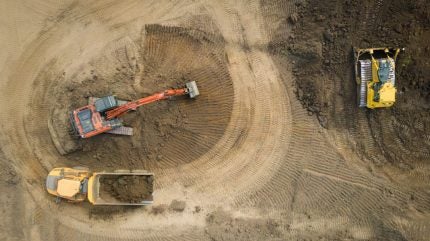
Six organisations representing several individuals and businesses within the minerals value chain have written a joint letter to the UK’s new Secretary of State for Education, urging minerals and mining to be part of Skills England’s evaluation of future skills requirements.
The Critical Minerals Association (CMA (UK), Institute of Materials, Minerals & Mining (IOM3), Institute of Quarrying (IQ), Mineral Products Association (MPA), Mineral Products Qualification Council (MPQC), and Mining Association of the UK (MAUK) have drafted a letter to the new Secretary of State for Education, Bridget Phillipson, emphasising the significance of a strong minerals and mining skills pipeline.
According to IOM3, resource extraction continues to play a crucial role in meeting society’s needs. The letter stresses the need to conduct extraction responsibly, considering environmental, carbon, and social impacts.
The institute said that the UK needs a skilled workforce with access to industry pathways and job opportunities to achieve this goal.
In another letter to the UK Secretary of State for Business and Trade Jonathan Reynolds, IOM3 highlighted the increasing demand for talented individuals with the knowledge and skills to manage materials and minerals responsibly.
“It is necessary to modernise perceptions and develop a more universal appreciation of the contribution materials, minerals, and mining make to our everyday lives,” IOM3 said.
However, the letter said there are significant and growing skills gaps along mineral value chains and a decline in education and training provision.
According to IOM3’s report on the talent gap, the sector faces a significant risk due to the lack of skilled workers in key roles, such as exploration geologists, mining engineers, mineral planners, and mineral processors, as well as a shortage of metallurgical skills.
The UK Government asserts that improving skills is vital for economic expansion, and approximately one-third of the increase in productivity in the past 20 years can be attributed to improvement in skill levels. However, “between 2017 and 2022, skills shortages in this country doubled to more than half a million, and now account for 36% of job vacancies”.
To address this issue, the UK Prime Minister and Education Secretary announced the launch of Skills England last month to “unite the fractured skills landscape and create a shared national ambition to boost the nation’s skills”.



